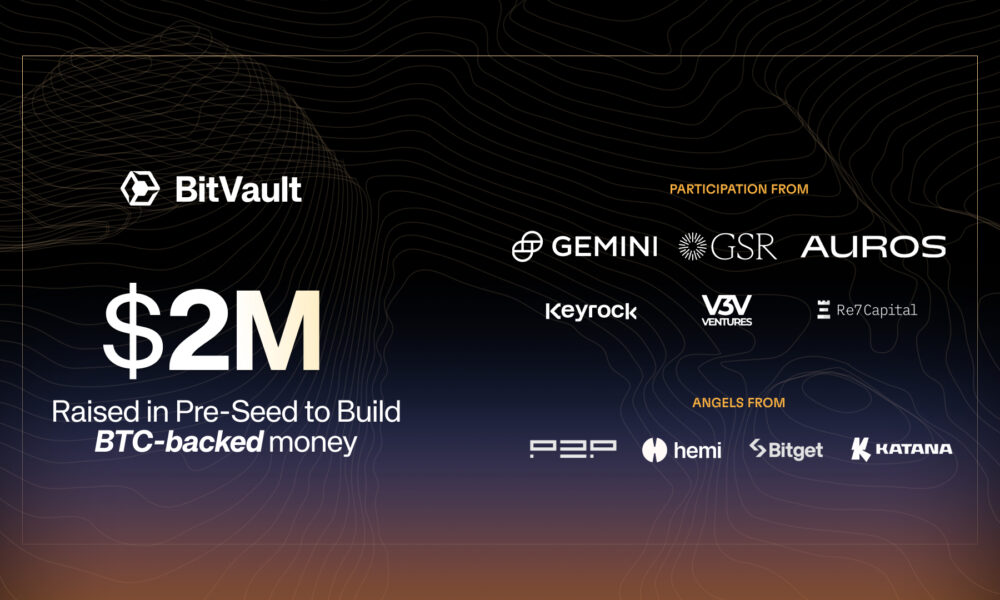The evolution of contemporary society depends heavily on the field of infrastructure design. Any healthy economy is built on infrastructure, which includes buildings, utilities, transportation networks, and more. The need for knowledgeable architects and designers of infrastructure is growing as the world becomes more urbanized and technological advancements occur.
The essay in question examines the bright employment prospects available to those who completed an Infrastructure Design Course in 2023.
Understanding Infrastructure Design
It’s crucial to comprehend what infrastructure design comprises before exploring the available job options. The planning, construction, and maintenance of physical systems and structures that support numerous facets of society, from transportation and communication to utilities and public facilities, is referred to as infrastructure design.
Infrastructure designers are essential in making sure that these buildings are not only useful but also efficient, safe, and sustainable. When developing infrastructure projects, they must take into account elements including the influence on the environment, financial limitations, and adherence to legislation.
Opportunities for a Career in Infrastructure Design
Infrastructure designers can anticipate a diversified and rewarding job market in 2023. Some of the more promising employment options for those who have finished an infrastructure designProspects course are listed below:
-
Infrastructure Architect/Designer
Working as an infrastructure designer or architect is one of the most straightforward employment possibilities for graduates of an infrastructure design course. Professionals in this position are in charge of organising and creating infrastructure projects, which can include everything from roads and bridges to sewage systems and airports.
To ensure that projects meet safety regulations, functionality needs, and aesthetic objectives, infrastructure designers collaborate closely with engineers, urban planners, and other stakeholders.
-
Civil Engineer
Infrastructure design and civil engineering are closely related, and many people with experience in infrastructure design choose to work as civil engineers. Roads, buildings, and water supply systems are just a few of the civil engineering projects that must be designed, built, and maintained. They are essential in making sure that projects are completed safely and within predetermined budgets.
-
Transportation Planner
A career as a transport planner may be appealing for those with a particular interest in transport infrastructure. Urban congestion reduction, public transportation system enhancement, and traffic flow optimisation are the main concerns of transportation planners. They develop effective and environmentally friendly transport options using their expertise in infrastructure design.
-
Environmental Consultant
Infrastructure development often has a big impact on the environment. Environmental consultants analyse and lessen the effects of infrastructure projects on the environment. They make sure that projects follow sustainability guidelines and environmental laws, which helps to reduce their ecological impact.
-
Project Manager
Project Manager Successful infrastructure project execution depends on effective project management. Graduates in infrastructure design can work as project managers, managing many facets of a project, such as budgeting, scheduling, risk analysis, and team coordination. Project managers are essential in making sure that projects are finished on schedule and on budget.
-
Urban Designer
The management and design of land use in metropolitan settings is the responsibility of urban planners. They design sustainable, interconnected cities using their knowledge of infrastructure. Urban planners work on initiatives like zoning for cities, transit systems, and public spaces, all of which are crucial parts of the city’s infrastructure.
-
GIS Analyst
By utilizing spatial data to analyze and map geographic information, geographic information system (GIS) analysts play a crucial role in the design of infrastructure. They support decision-making based on geographic information by aiding in the planning and design of infrastructure projects.
-
Construction Manager
Construction managers can pursue careers if they are interested in the infrastructure projects’ building phase. Construction managers supervise on-site activities and make sure that projects are constructed in accordance with design guidelines and safety requirements. They are in charge of overseeing the construction teams, timelines, and budgets.
-
Academic/Researcher
A career in academia or research may be an appealing choice for those who have a passion for learning and study.
This route often entails performing research on issues pertaining to infrastructure and calls for postgraduate degrees, such as a Master’s or Ph.D. Researchers and academics expand the body of knowledge in the sector and frequently instruct upcoming infrastructure architects and designers.
-
Positions in Government
A lot of local, state, and federal government organizations employ specialists in infrastructure design. These jobs entail working on community-beneficial public projects, regulatory compliance, and infrastructure development. Government positions frequently offer stable employment and chances for professional progress.
-
Private Consulting Firms
Infrastructure designers are typically employed by engineering and architectural consulting firms to work on a variety of projects for private clients and governmental entities. These companies offer beneficial project management, planning, and design services for infrastructure. Private consulting firms can expose employees to a variety of tasks and present prospects for career advancement.
-
Technology Infrastructure Development
Infrastructure goes beyond conventional physical structures in the modern digital era. Data centers, communication networks, and smart city efforts are examples of infrastructure tied to technology that is becoming more and more crucial. Professionals who specialize in infrastructure design may manage and develop the technology infrastructure, which is essential to the operation of contemporary civilization.
Conclusion
Consider networking, acquiring real-world experience through internships or entry-level jobs, and keeping up with market trends and new technological developments to improve your employment possibilities. Further schooling and qualifications might also let you stand out in the crowded work market.
Please keep in mind that based on your geography, the demand for infrastructure experts in your area, and your unique abilities and interests, the specific opportunities open to you may differ. It’s critical to investigate the local labour market and adjust your career route as necessary.



































